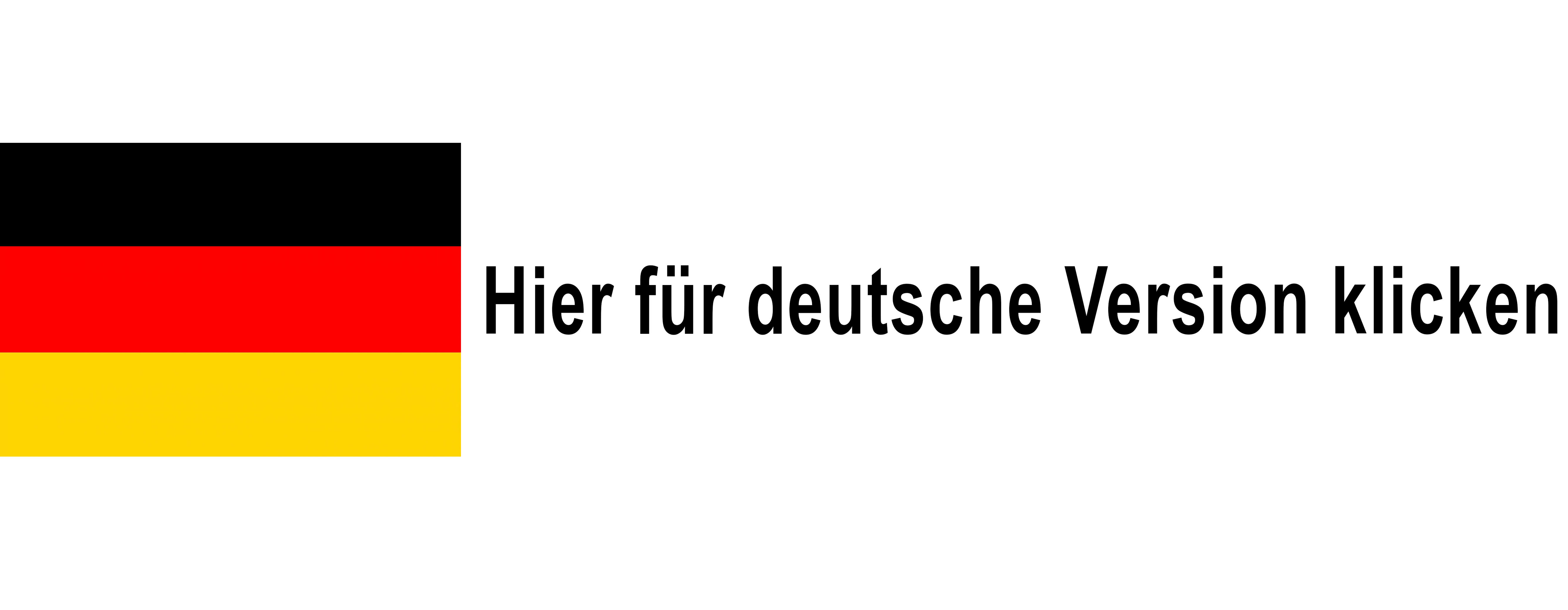- GU Home
- Faculties
- Faculty 03 Social Siences
- Students
- Study Programs at the Faculty of Social Sciences
- Master of Arts Political Theory
- Content and Structure M.A. Political Theory
- Content & Structure M.A. Political Theory - Study Regulations 2014
- Information for Students
- Information for First Semesters
- Information for Prospective Students
- Study Programs at the Faculty of Social Sciences
- Bachelor of Arts Political Science Major
- Bachelor of Arts Political Science Minor
- Bachelor of Arts Sociology Major
- Bachelor of Arts Sociology Minor
- Bachelor of Arts Gender Studies Minor
- Master of Arts Political Science
- Master of Arts International Studies / Peace and Conflict Research
- Master of Arts Political Theory
- Master of Arts Sociology
- Master of Arts Economic Sociology
- Master of Arts Comparative Democracy
- Internship
- Vocational Orientation
- Examinations and Examination Office
- Student Counselling
At a Glance
|
Standard period of study: |
|
4 semesters (2 academic years) |
|
Programme start: |
|
Winter semester only |
|
Admission restrictions: |
|
Admission to the programme is restricted. |
|
Scale: |
|
120 credit points (CP) |
|
Number of modules: |
|
6 compulsory modules, 1 compulsory elective module (including a semester abroad) or 8 compulsory modules, 1 compulsory elective module |
|
Module examination formats: |
|
Term
paper |
|
Languages of instruction: |
|
German, English |
|
Programme Directors: |
Modules & Content Structure of the M.A. programme Political Theory
The MA Political Theory degree programme is modularised and includes an optional semester abroad. Where a semester abroad is integrated, the programme is divided into six compulsory modules and one compulsory elective module or – without a semester abroad – in eight compulsory modules and one compulsory elective module.
In detail, the MA Political Theory consists of the following modules:
|
Module Name |
Module Contents |
CP |
|
Module 1: Theoretical Paradigms |
Students must produce proof of participation in two courses and sit a written, course-related end-of-module examination. |
11 |
|
Module 2:
|
Students must produce proof of participation in two courses and sit a course-related end-of-module examination. |
11 |
|
Module3: |
Students must produce proof of participation in two courses and sit a course-related end-of-module examination. |
11 |
|
Module 4:
|
Students must produce proof of participation in two courses and sit a written, course-related end-of-module examination. |
14 |
|
Compulsory Electives (Module 5a, 5b or 5c) |
||
|
Module 5a: |
Students must produce proof of participation in two courses and sit a written, course-related end-of-module examination. |
11 |
|
Module 5b:
|
Students must produce proof of participation in two courses and sit a written, course-related end-of-module examination. |
11 |
|
Module 5c: |
Students must produce proof of participation in two courses and sit a written, course-related end-of-module examination. |
11 |
|
Compulsory Electives (Module 6 or Modules 7-9) |
||
|
Module 6: |
Students must produce proof of participation in three courses and take two written, course-related end-of-module examinations in English. |
31 |
|
Module 7:
|
Students must produce proof of participation in a course and sit a written, course-related end-of-module examination. |
8 |
|
Module 8: |
Students must produce proof of participation in two courses and sit a written, course-related end-of-module examination. |
11 |
|
Module 9: |
Students must prepare a report on their internship, which is approved by a university lecturer via the Examination Office or the Examination Secretariat. |
12 |
|
Completion of Studies |
||
|
Module 10: |
Students must produce proof of active participation in a colloquium. The end-of-module examination is the composition of the master’s dissertation and its defence in the form of an oral examination. |
|
Contact
Dipl.-Soz. Alexander Simon
Student counselling for B.A. programs in Political Science and
Sociology / Student counselling for M.A. programs / M.A. admission /
B.A./M.A. internship counselling
E-Mail:
studienfachberatung.fb03@soz.uni-frankfurt.de
PEG Room 2.G 133
Open consultation hours:
Tuesday 11a.m - 1p.m.
Thursday 11a.m. - 1 p.m.
In lecture free time only on Tuesdays
Open telephone consultation hours:
Wednesday 11a.m - 1p.m.
or by individual arrangement
Goethe-University
Department 03
PEG-Building
Theodor-W.-Adorno-Platz 6
60323 Frankfurt am Main
- Studying at Goethe University
- International applicants
- Faculties
- Overview of study programmes
- Programme for refugees
- GRADE
- Goethe Business School (continuing education)
- Research at Goethe University
- Scientific news
- Goethe Welcome Center (for international researchers)
- Collaborative research projects
- Individual research
- Visiting fellowships
- Endowed chairs
- About the University
- News-in-brief
- University administration
- Campus locations
- Campus life
- University archives (German)
- Rhine-Main-Universities









